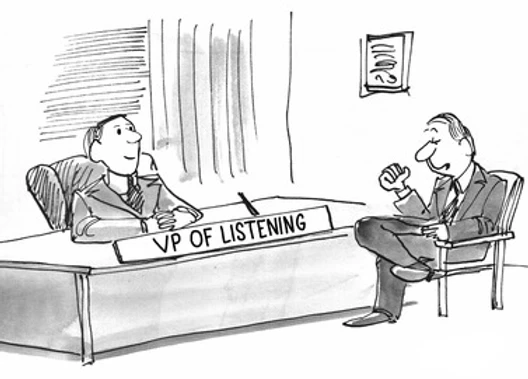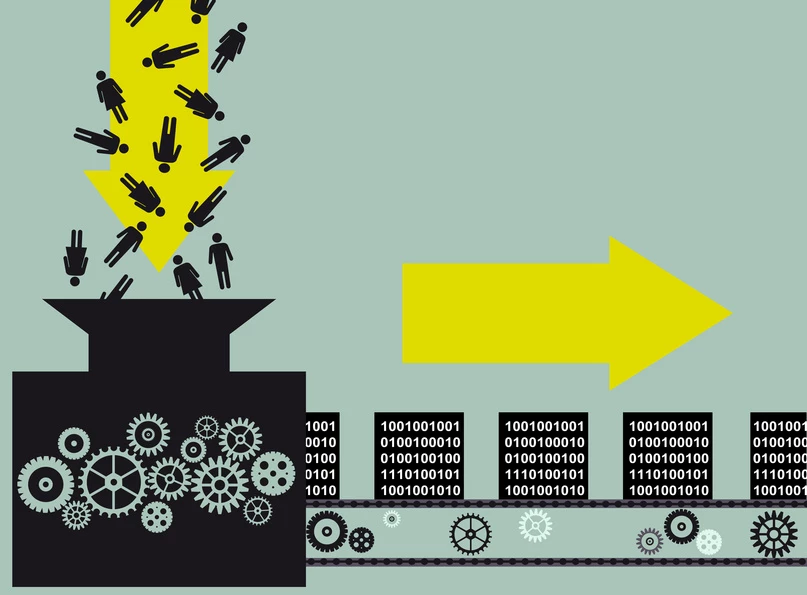It was always my intention to complete this little triptych of blogs for my good friends at Strawberry Social with a look at the hidden downsides of social media. There was worrying research appearing concerning how our children are developing all kinds of addictive behavior traits through their consumption of online media. I admit to finding it interesting how many senior people working in the tech and social fields heavily restrict the amount of time they allow their families (and themselves) to invest in online social activity. Never get high on your own supply, right?
And then along came Cambridge Analytica.
I won’t rehash the story here, but the bottom line is that we happily entered into a Faustian bargain with Facebook in which we got to share grumpy cat pictures, and they got to gather a crud-ton of data about us, our buying habits, and our connections. What the current crisis shows us is that they were then, at the very least, rather cavalier with that data. It appears that the privacy of 50 million Americans may have been sacrificed in the name of providing political parties and other groups with the means to subvert the democratic processes we rely on for a decent, open society.
So suddenly, for brands, there is an element of complicity in something quite dark. When we ask for likes and shares on our latest online marketing campaign, are we just feeding the beast?
I’m not suggesting for a moment that your snack brand’s social activity is going to bring down democracy but, let’s just take a breath for a moment. Everything we do on Facebook, as brands, as individuals, has been contributing to this moment, and there is a backlash coming. Facebook’s share price is in freefall; people are deserting the platform (I’m considering doing the same); there’s even a hashtag that you can share on… well, Facebook, among others. #deleteFacebook, since you ask.
I’ll take a moment here to make the obvious points. There isn’t a credible alternative to Facebook for an awful lot of what we do. The company may make changes, either voluntarily, or because governments make them, to their whole business model, that takes a lot more account of privacy. And who knows what might come out about any and all of the other platforms – goodness only knows we always seem to be just an hour away from another Twitter scandal.

So, what can we do, as professionals working in this industry? Falling on our collective swords might be a little over-the-top, but it’s time to consider where our energy goes on social, and where it might be better deployed. At the very least, we have to not be part of the problem. We should all stop publishing activity that relies on likes and shares to measure success (that was always a fool’s game in any case), and be a lot more selective and less needy about what we publish. Talk less, listen more.
And demand change. You are Facebook’s lifeblood. You may think you need them, but they need you more. Use that power to insist that the data your social activity generates is held securely, and used responsibly. And, as I was going to conclude in the original draft of this blog, speak to CEOP and others (Strawberry’s own Shaz Collier is NSPCC certified in Keeping Children Safe Online, a CEOP Thinkuknow Trainer and a CEOP Ambassador.) about the negative aspects of social media before you do anything with kids.
We’re going to look back on March 2018 as the moment when the internet started to change. You’ll definitely want to be up-to-date with everything that is going on.



 March 23, 2018
March 23, 2018  Share This Post
Share This Post